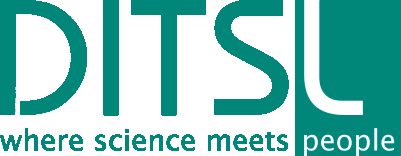The food and agricultural sector plays an important role for rural employment in most countries on the OECD DAC List of ODA recipients. Currently 30–80 % of the rural population gain income from agriculture, with a high share of them being women. In our work we emphasise the agricultural sectors’ potential to offer productive jobs, so that improvements will simultaneously contribute to the achievement of SDG 1 “No Poverty”, SDG 2 “Zero hunger” and SDG 8 “Decent work and economic growth”.
As a consequence of climatic, bio-geo-physical and socio-economic conditions, under which agricultural production, processing, trade and retail in most rural areas operate, smallholder farming and the connected agricultural value chains are very often low-external input systems. With these limitations, increase in productivity and economic efficiency is not easily achieved through classical, capital-based intensification. These systems require context specific innovations, considering the actors’ different endowment with different “forms of capital” and capabilities. Furthermore, social factors, such as age, gender and wealth need to be taken into account to promote inclusive value chain development.
We therefore use an actor-oriented approach that brings actors’ perspectives and their room of manoeuver as shaped by their particular context to the fore. We focus on overcoming inefficiencies, reducing losses, and enhancing value addition along smallholder-based commodity chains. As in-efficiencies often result from in-transparency and in-effective information flow, we consider the large potential of ICT innovations in our approach. Together with the farming community and particularly rural youth and women groups, we develop fitting innovations that profit from knowledge integration and co-creation and are tested, monitored and evaluated in transdisciplinary research.
When striving at sustainable agriculture and sustainable value chain development combining technical with social innovations is essential. Core to social innovations is the change in social relations between the various stakeholders and the empowerment of small-scale actors. Our methods such as for establishing bottom-up multi-stakeholder platforms and the collaborative learning approach help to improve information flows and coordination in small-scale value chains and increase the value chain actors‘ capacity to act.
Project flyer:
- » Bottom-up Multi-Stakeholder Processes (pdf)
- » Linking Pastoralists to Markets – Improving Pastoral Livestock Supply Chains (pdf)
- » Improving small-scale agricultural value chains: Facilitating participatory systems learning with value chain actors in Uganda (pdf)
- » Achieving inclusive collaboration: Facilitating participatory activities with pineapple value chain actors in Uganda (pdf)
- » Investigating business relationships to improve small-scale food value chains: A case study of the pineapple value chain in Uganda (pdf)


